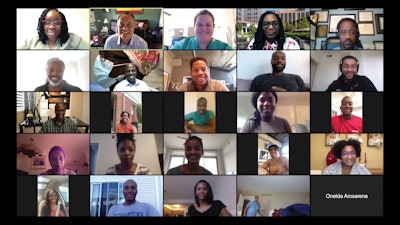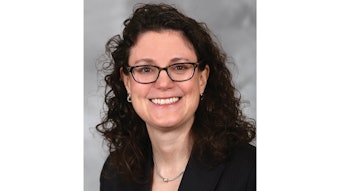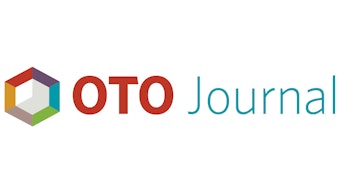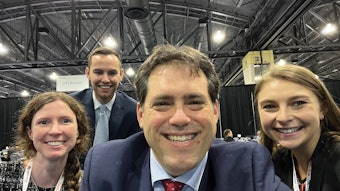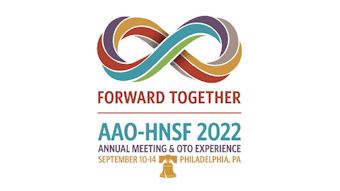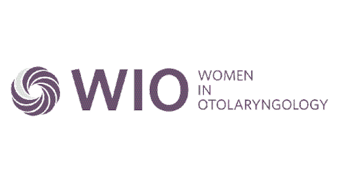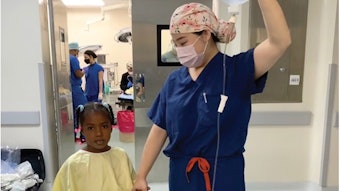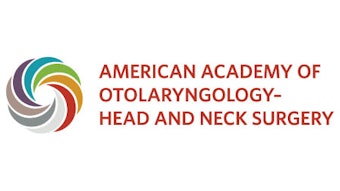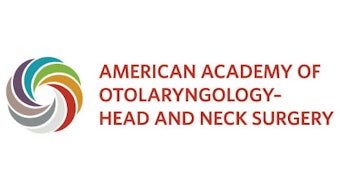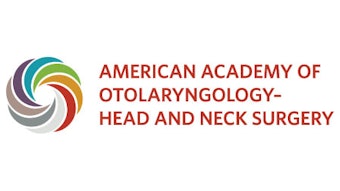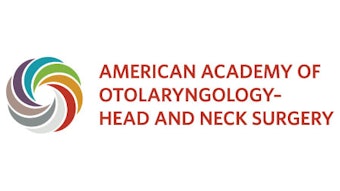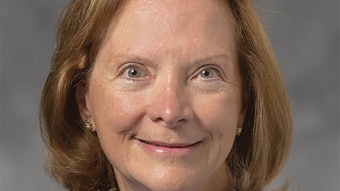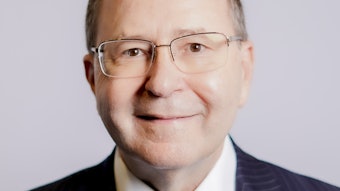Increasing Otolaryngology Diversity through Mentorship
Mentorship helps individuals achieve their goals and is rewarding to all. Mentorship for diversity is essential for otolaryngology to thrive as a specialty.
David J. Brown, MD, Diversity and Inclusion Committee
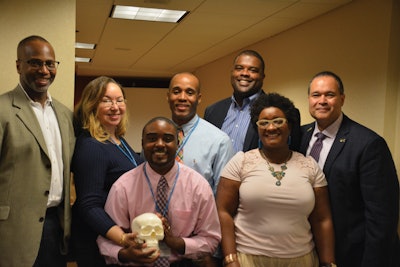
Mentors understand and nourish our motivations, answer essential questions, help establish goals, develop strategies, and direct us toward opportunities and key individuals.
Mentorship can promote and maintain diversity in otolaryngology by helping advance individuals underrepresented in medicine (URiM). Comparing U.S. otolaryngology residency training programs to U.S. demographics show the following: Women (37.6% vs. 50.5%); Black or African American (2.9% vs. 13.6%); Latino or Hispanic (6.7% vs. 18.9%); Native American, Alaska Native, Native Hawaiian, and Pacific Islander (0.2% vs. 1.6%). These data put otolaryngology near the bottom of medical specialties; however, there are numerous opportunities to increase otolaryngology diversity, and mentorship is a key strategy.
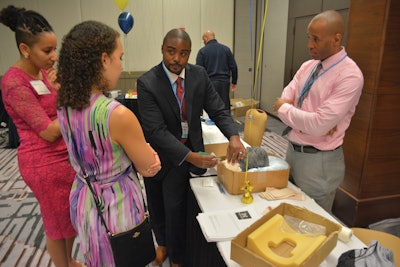
The Harry Barnes Society (harrybarnesoto.org) promotes diversity in otolaryngology through virtual grand rounds and mentorship of diverse future otolaryngologists through the AAO-HNS annual student outreach efforts. The Society of University Otolaryngologists (SUO) Diversity Committee has a mission to advance and improve culturally sensitive and effective otolaryngologic care by promoting cultural competency and a diverse physician workforce within otolaryngology. It maintains a list of national diversity liaisons (suo-aado.org/page/DiversityLiaisons) and diversity visiting clerkship opportunities (suo-aado.org/page/DivOpportunities).
Additionally, the SUO Diversity Committee sponsors the Underrepresented in Medicine Visiting Clerkship Scholarship, and all applicants receive mentorship. The Black Otolaryngologist Network (TBON; theblackotonetwork.com) has as its mission to promote Black excellence and advancement in otolaryngology through mentorship, sponsorship, community building, and advocacy. It provides one-on-one mentorship, group mentorship, and mentorship targeting critical steps along the otolaryngology pathway.
Numerous members of the previously mentioned societies and committees participate in outreach opportunities through the Student National Medical Association (SNMA; snma.org) and the Latino Medical Student Association (LMSA; national.lmsa.net) national and regional conferences. SUO and Harry Barnes Society members have attended the SNMA Conference to engage with diverse learners through simulation activities that not only increase the awareness about our specialty but also lead to ongoing mentorship opportunities. In April 2022, TBON sponsored its first annual mentorship dinner at the SNMA Conference with 40 diverse medical students and residents participating.
There are numerous ways each of us can increase otolaryngology diversity through mentorship. You can give presentations about your clinical practice and research to your local medical school’s SNMA and LMSA chapters and your local college chapters of the Minority Association of Pre-Medical Students. These student groups welcome your mentorship and are excited to learn about your journey.
Although there is value in mentors and mentees sharing identities, there are also great benefits when there are different life experiences, challenges, and perspectives. Having a community of mentors with a wide range of identities, demographics, pathways, and professional roles and experiences provides a rich network for professional advancement.
Great mentors create mentor-mentee spaces that foster genuine and authentic relationships, a sense of caring, and open communication. When mentoring across cultures and identities, the mentor should be aware of the impacts of bias (implicit and explicit), micro- and macroaggressions, racism, imposter syndrome, and stereotype threat. An honest assessment of a mentee’s strengths and opportunities is important, yet we must resist squashing aspirations if their pathways are not perfect. We must be aware that minoritized individuals might have different obstacles and opportunities than ourselves. Mentors can help uncover the hidden curriculum and identify viable pathways forward.
Here are some mentorship tips I have found useful:
- At the initial mentorship request, ask the mentee for their CV, goals, and discussion topics.
- Arrange a time-limited meeting (30 minutes is usually adequate) via Zoom or in person.
- Get to know mentees as individuals, as well as their goals, challenges, and opportunities.
- Share the above-mentioned resources.
- Encourage a community of mentors and connect mentees to other mentors based on their needs, identities, interests, and goals.
- Consider mentorship groups or pods.
- Encourage former mentees to pay the mentorship forward.
- Include former mentees in your mentorship network.
- Determine if there will be follow-up and, if so, set a convenient time.
